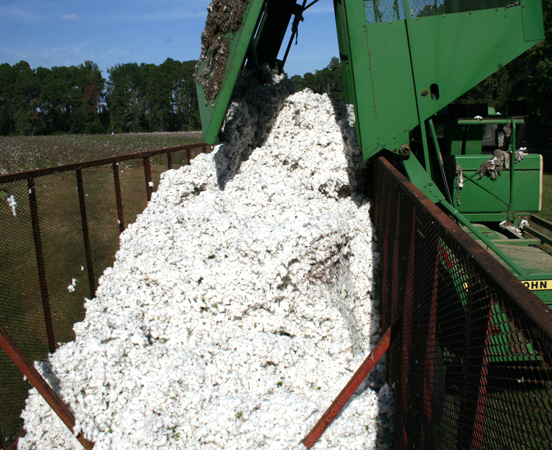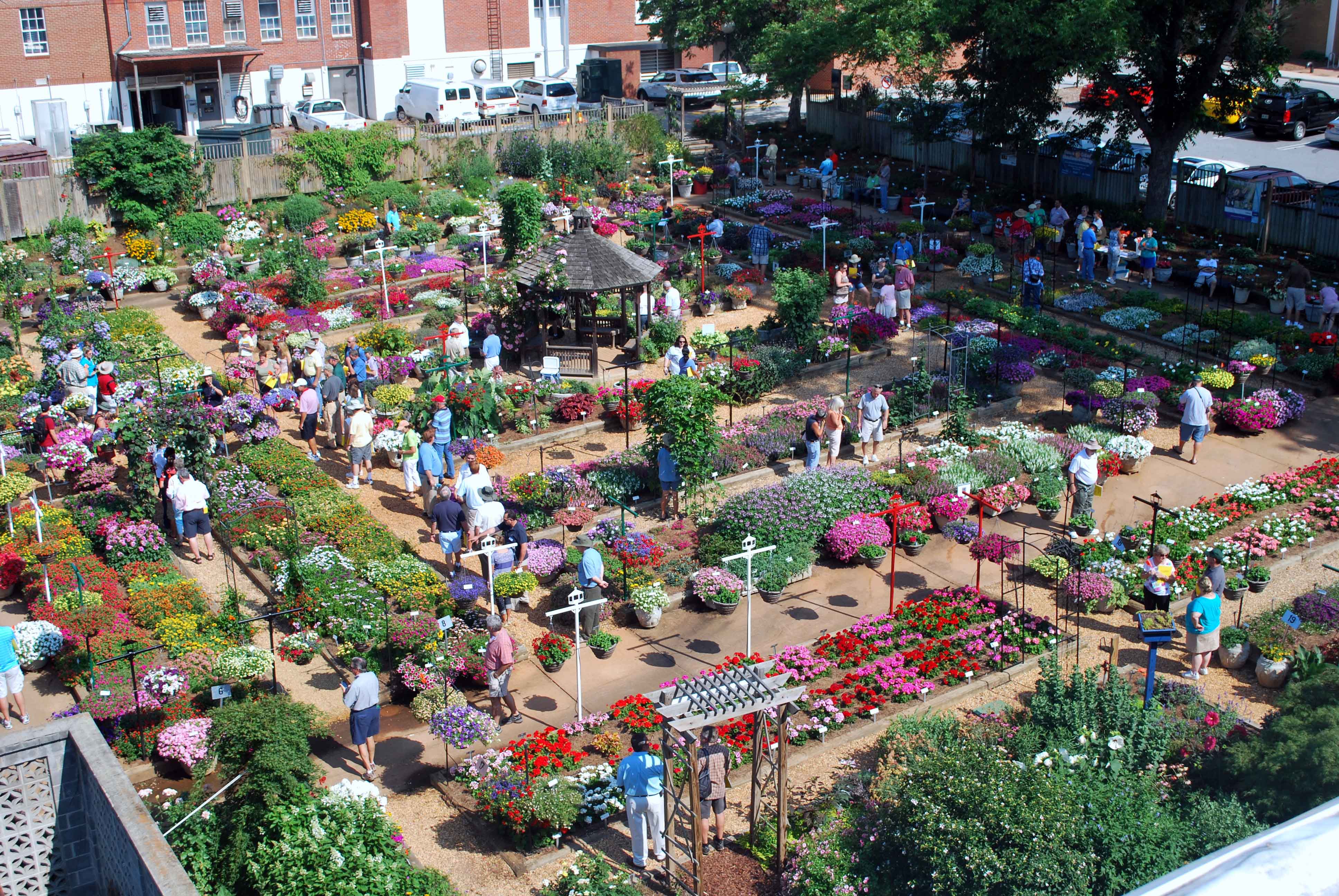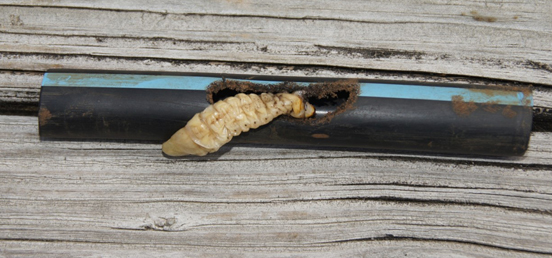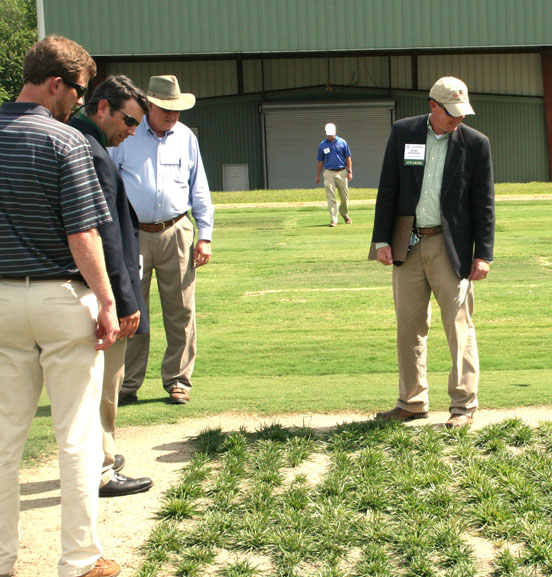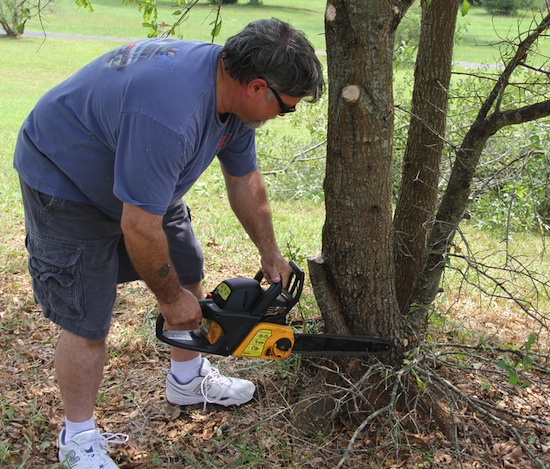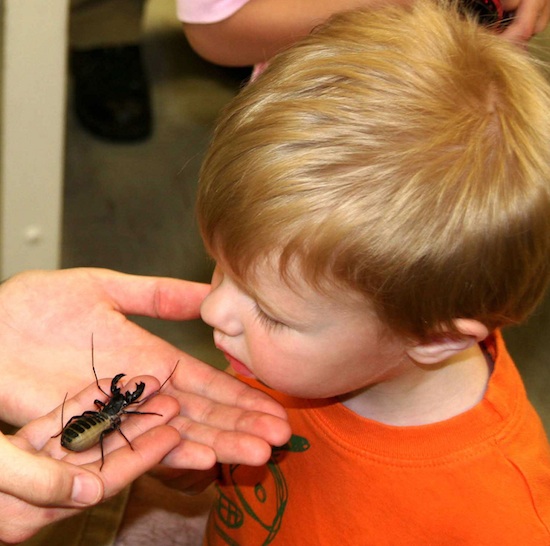 CAES News
CAES News
Amrit N. Bart takes over as director of UGA College of Agricultural and Environmental Sciences Office of Global Programs
Amrit N. Bart has been named assistant dean for international affairs in the UGA College of Agricultural and Environmental Sciences and director of the college’s Office of Global Programs.

